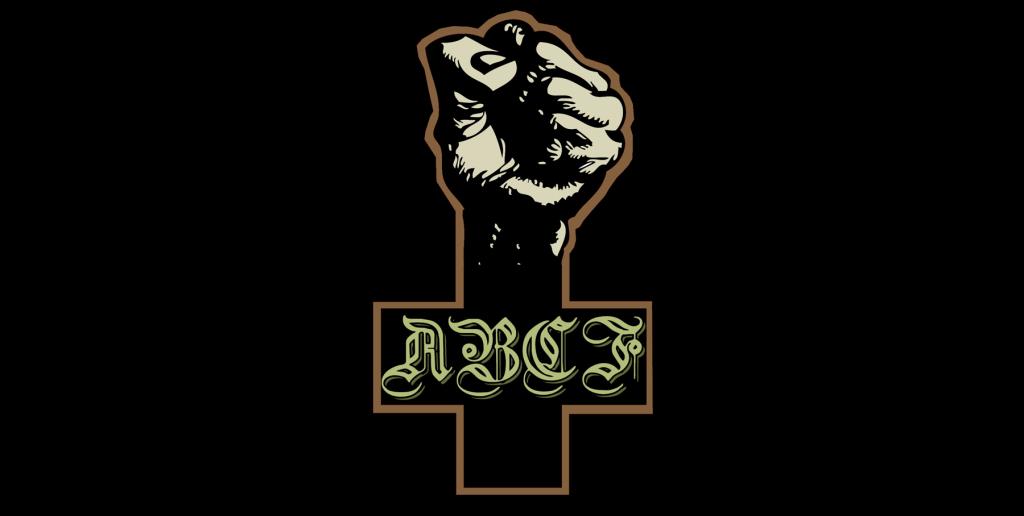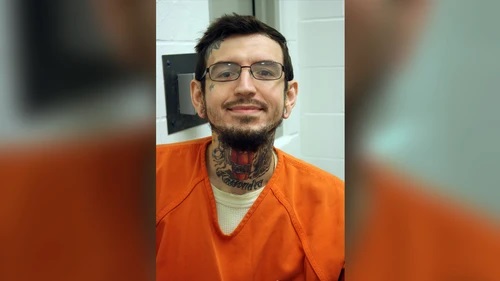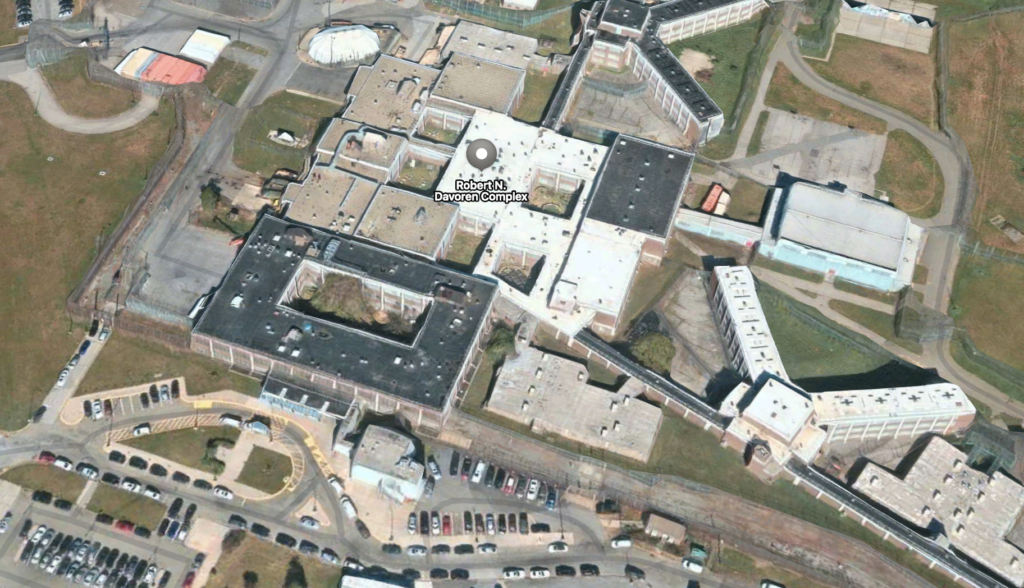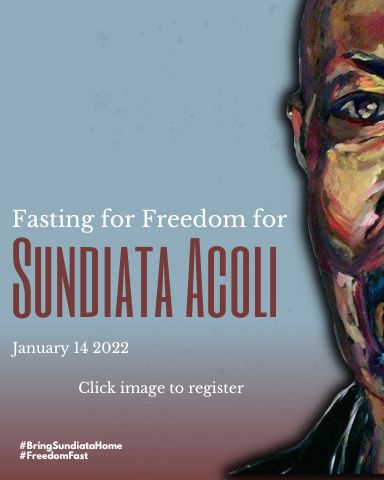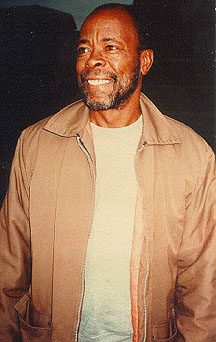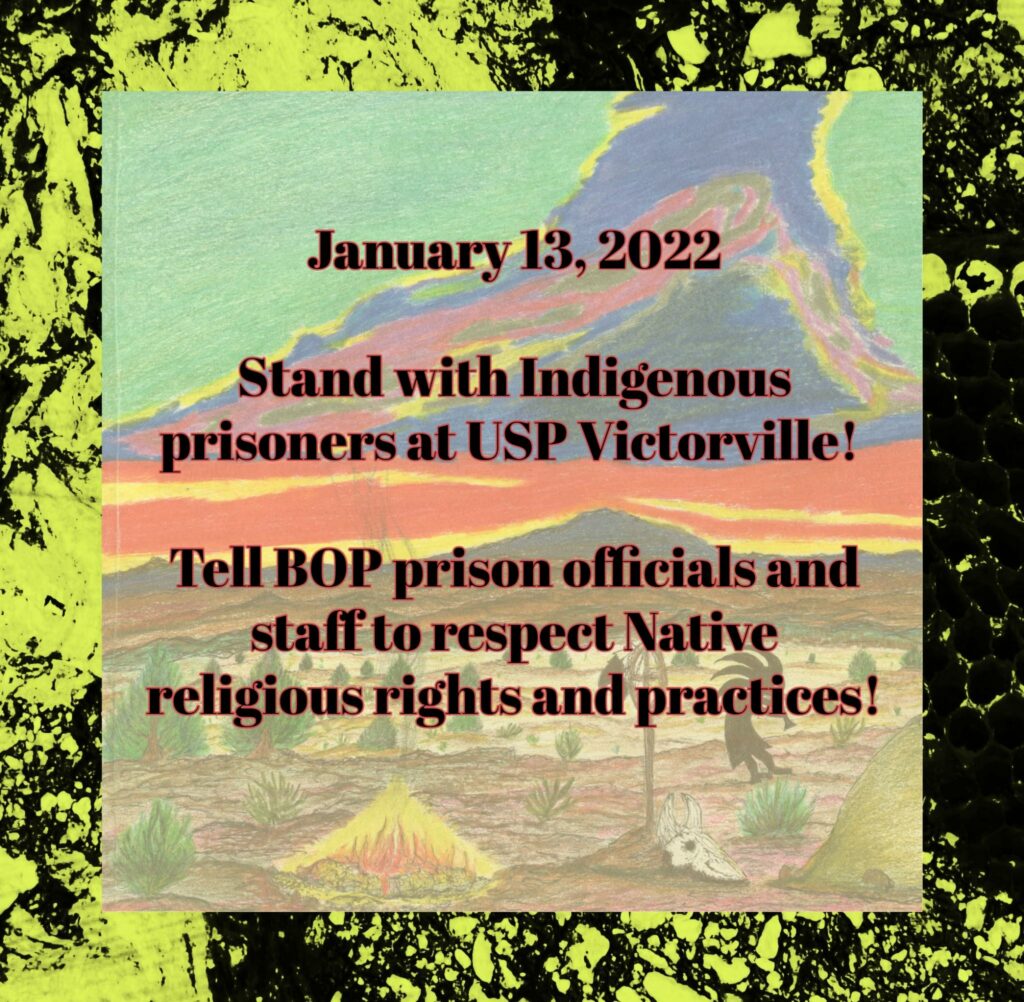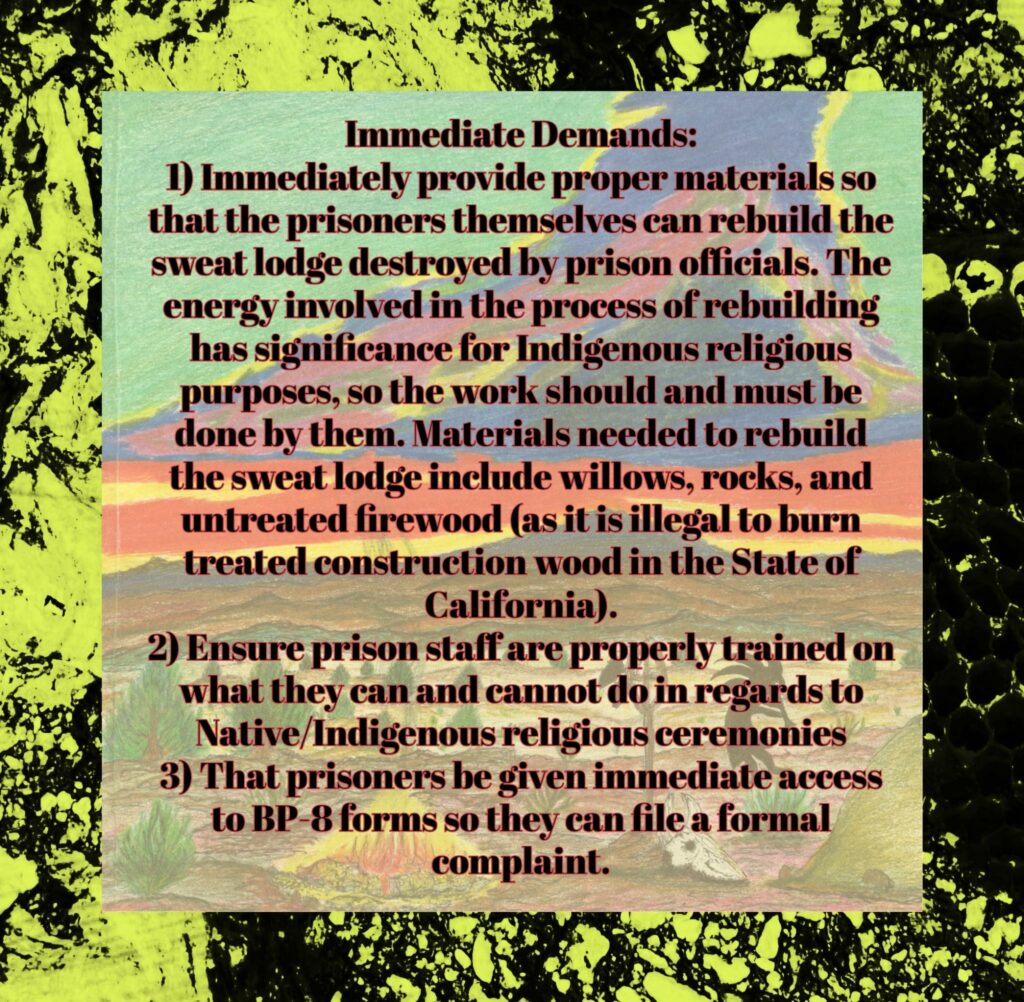The ailing 77-year-old Native American rights activist has been pleading for help in prison and was never given a coronavirus booster shot.
By Jennifer Bendery
01/28/2022
Huffington Post
Leonard Peltier, the ailing 77-year-old Native American rights activist who has been pleading for help from prison amid coronavirus lockdowns and still hasn’t received a booster shot, has tested positive for COVID-19.
“Today, Leonard tested positive for COVID,” Peltier’s attorney Kevin Sharp told HuffPost late Friday. “We are all very concerned, as is Leonard. He wanted people to know that he sends his love and appreciation for the years everyone has fought for him. And should he make it through this, he intends to continue speaking out for Native rights.”ADVERTISEMENT
Peltier began feeling “like shit” on Thursday and had a “rough night” of painful and persistent coughing, Sharp said. “He told me, ‘I hope this is just a bad cold, but I have never had a cold like this before.’”
Peltier has now been placed in quarantine for 10 days.
Peltier has been in prison for 45 years without any evidence that he committed a crime. The FBI and U.S. Attorney Office charged him with the 1975 murders of two FBI agents during a shootout on a Native American reservation ― something he has long said he didn’t do, even when it meant he could have been paroled if he’d said he did. His trial was riddled with misconduct, and even the U.S. attorney who helped put Peltier in prison decades ago is now pleading with President Joe Biden to grant him clemency because, he says, federal officials never had evidence that he committed a crime.
“Enough is enough. It’s time to send Leonard Peltier home to the care of an appropriate medical facility and the love and support of his family on the Turtle Mountain Reservation,” he said. “His unconstitutional conviction should not turn into a de facto death sentence.”
Peltier told HuffPost last week that his prison facility’s prolonged COVID-19 lockdowns and failure to provide him and other inmates with booster shots has left him ― and likely others ― unbearably isolated and preparing for death. He is particularly vulnerable to COVID given his serious health problems, which include diabetes and an abdominal aortic aneurysm.
“I’m in hell,” he told HuffPost. “Left alone and without attention is like a torture chamber for the sick and old.”

Sen. Brian Schatz (D-Hawaii), the chair of the Senate Indian Affairs Committee, on Wednesday urged Biden to commute Peltier’s sentence and send him home, given his age, illness and time served.ADVERTISEMENT
“I commend your administration’s commitment to righting past wrongs in our criminal justice system,” Schatz wrote to Biden. “In continuing that work as you consider recommendations for individuals to receive clemency, I write to urge you to grant a commutation of Leonard Peltier’s sentence.”
Sen. Patrick Leahy (D-Vt.), the former longtime chair of the Senate Judiciary Committee and the longest-serving member of the Senate, has also called on Biden to send Peltier home.
A spokesperson for the Federal Bureau of Prisons did not respond to a request for comment earlier Friday on why Peltier had not been transferred to in-home confinement given his age, declining health and time served.
Elder Political Prisoner Leonard Peltier contracts Covid 19 at USP Coleman 1 as BOP fails to follow CDC Covid Guidelines. ILPDC Demands Covid Release for Leonard Peltier
For IMMEDIATE RELEASE January 29, 2022
For More Information Contact:
Carol Gokee 715-209-4453; or Jean Roach 605-415-3127: Kevin Sharp 615-415-0797
(COLEMAN, FL) On Friday January 28, 2022, Leonard Peltier tested positive for the SARS-CoV-2 (Covid 19) virus at the United States Penitentiary at Coleman, FL (USP Coleman 1).
Leonard Peltier (Anishinaabe/Dakota) of the American Indian Movement (AIM) is an internationally known political prisoner whose release has been called for by scores of Congressional representatives, the Dali-Lama, Nelson Mandela, Bishop Desmond Tutu, and hundreds of luminaries as well of millions of people around the globe. Recently Senator Brian Schatz (D-HI) Chair of the Senate Indian Affairs Committee and Senator Patrick Leahy (D-VT) the Pro Tem of the United States Senate joined those calls for Presidential Clemency/Commutation for Leonard Peltier.
Leonard Peltier was unjustly convicted in the deaths of two FBI agents in a June 26, 1975, shootout in Oglala, SD between members of the American Indian Movement, defending the Oglala community and the FBI. Peltier’s two co-defendants were acquitted by reason of self-defense. Peltier, who was later extradited from Canada under questionable circumstances was tried separate. Peltier’s trial was replete with prosecutorial misconduct, falsified testimony, fabricated evidence, even the autopsy presented to the jury was done by an examiner who had never seen the bodies of the two agents. The former US Attorney for the Northern District of Iowa, James Reynolds, who supervised the post-trial sentencing and appeals admitted they “shaved a few corners” and “we could not prove Leonard Peltier personally committed any crime on the Pine Ridge Reservation” in his letter to US President Joe Biden calling for Peltier’s release.
Peltier is a 77-year-old inmate with a host of co-morbidities that should, according to CDC Guidelines, have prioritized him for a Covid Booster Shot. CDC guidelines call for booster shots at seven months, yet 11 months after Peltier received his Covid 19 vaccine, he had not received a booster shot. Visitors to USP Coleman 1 have noted the facility is not mandating vaccines for its guards or staff, Guards and staff were seen both without masks and improperly wearing masks, social distancing was neither encouraged nor enforced and booster shots had not, until recently, been available to any inmate at USP Coleman 1. Both the ILPDC and mutual aid organizations offered to donate N-95 masks for every inmate at Coleman were denied.
The United States Department of Justice, through the Attorney General issued guidelines for Covid Release to Home Confinement for inmates who were elderly and or had compromised immune system or Co-morbidities on March 26th and April 3rd, 2020. Leonard Peltier at 77 years old with a host of comorbidities including diabetes, hypertension, heart condition, and an aortic aneurysm undeniably meets those conditions. Furthermore, his home community on the Turtle Mountain Reservation in North Dakota continues to request his return to his home community.
Now due to the reckless disregard of the United States Bureau of Prisons in failing to follow CDC Guidelines for Correctional and Detention Facilities (Correctional and Detention Facilities | CDC) has caused Mr. Peltier to face a virus that could end his life.
The ILPDC is demanding the United States Bureau of Prisons follow the guidance provided by the US Justice Department and release Leonard Peltier on Home Confinement to the Turtle Mountain Reservation. The ILPDC believes as former US Attorney James Reynolds wrote to US President Joe Biden, enough is enough. Leonard has suffered in prison for 46 years and now due to the inactions of the facility has caught a deadly virus.
The ILPDC Calls upon our family, relatives, friends, and supporters around the world to pray for Leonard’s health but to also take action by demanding their Senator calls upon the Warden at USP Coleman 1 and the Bureau of Prisons to IMMEDIATELY Release Leonard Peltier to home confinement. While he may currently need medical attention there is no question that his relatives at Turtle Mountain will endeavor to care for Leonard Peltier rather than the wanton indifference, he has been shown at USP Coleman as evidenced by his contracting this pandemic disease.
###

